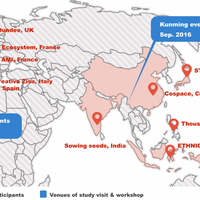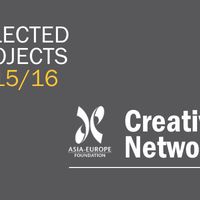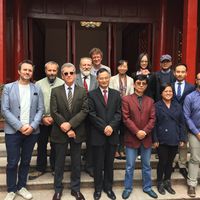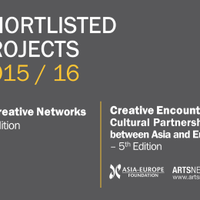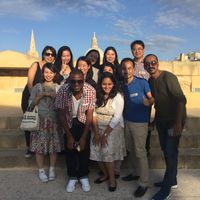Needs and challenges of small creative spaces | An exchange in Valencia, Spain
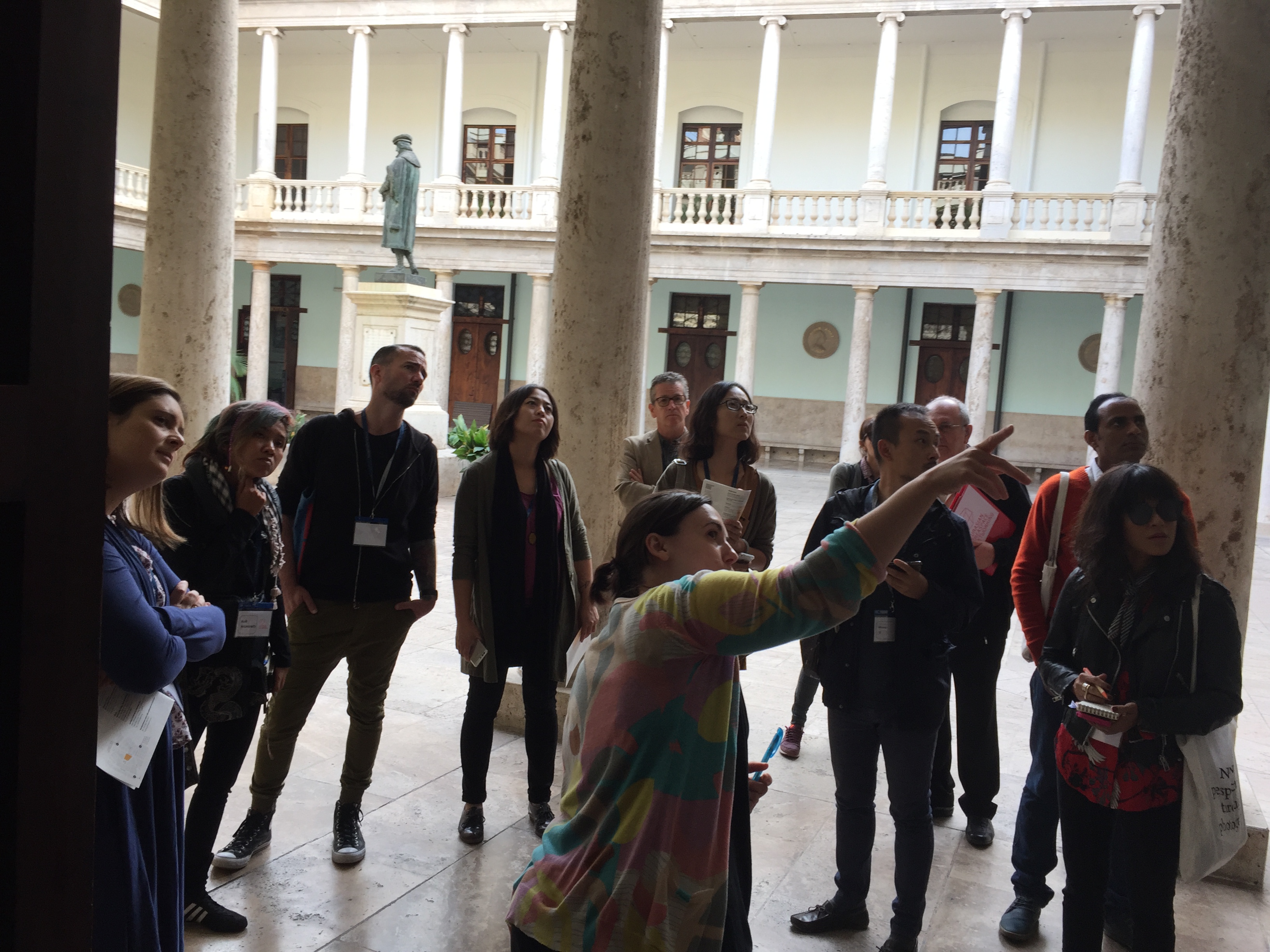
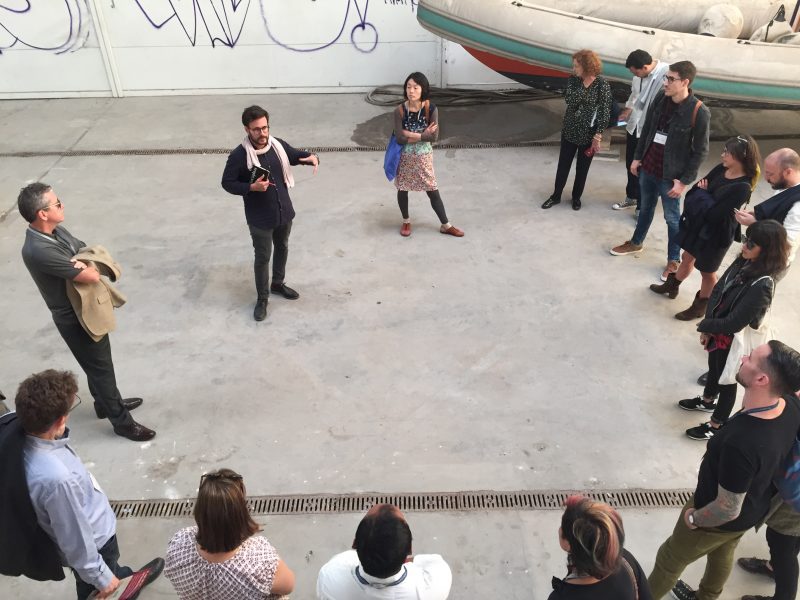
From 24 to 26 October 2016, in Valencia, Spain, 5 cultural managers from India, China, Indonesia, the Philippines and Japan, participated in the second phase of Eurasian Creaspace Networking (ECN), an international project by the Culture Development Institute of Yunnan University (China) and Econcult of the University of Valencia (Spain). During the 3-day exchange, the Asian arts manager and their local counterparts discussed good practices and challenges in running creative spaces in Asia and Europe. This initiative was supported by the Asia-Europe Foundation (ASEF) through its ASEF Creative Networks programme.
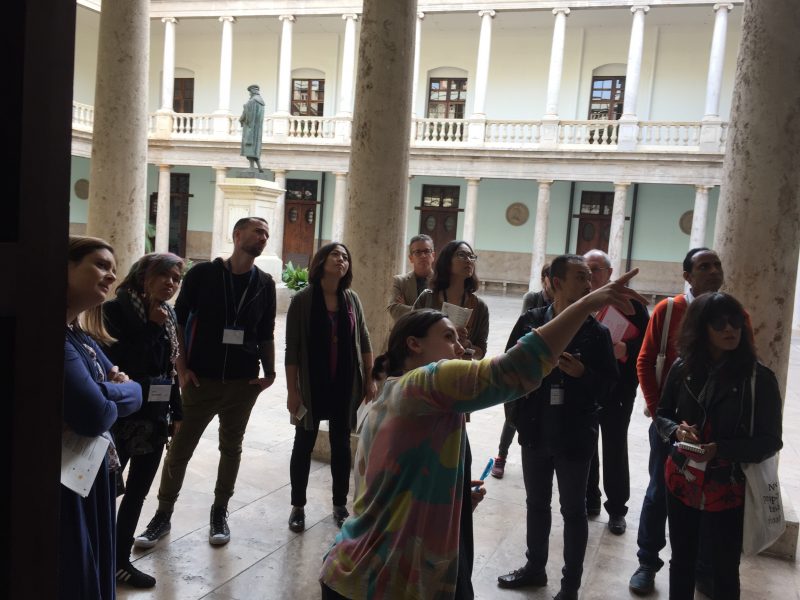
Here are some of the key points highlighted by the participants and summerised by Chuan Li from Econcult, University of Valencia, in his article.
- More actions should be taken to strengthen the cultural relationship between Asia and Europe at the government level. The conventional relationship between Europe and Asia concentrated on the political and economic fields and the cultural exchange was ignored, which hindered the mutual understanding between Asian and European people. Mr. Emilio de Miguel Calabia, the sub-director of General Branch of Pacific, Southeastern Asia and Philippines of Spanish Ministry of Foreign Affairs and Collaboration, pointed out that intergovernmental relationship should be a comprehensive relationship including not only politics and economy but also cultural exchange, and Spanish government has issued new law for promoting comprehensive relationship with Asian countries.
- Creative spaces need aim on social changes. Small spaces are usually embedded in the “big” environment. Many cases show that creative spaces are social agents to connect arts, community, and society where they are located. The success of the creative spaces is reliant on its social goals – tackling social changes and meeting social needs through social innovation. This, in turn, helps creative spaces to access to funding and support from the communities.
- Reputation is more important than money for small creative spaces. Many creative spaces are non-profit organizations. Although money matters in the small creative spaces, they seldom see money as the first place; instead, many cultural managers place the priority on a reputation of organizations because the reputation of organizations usually represents the value that they uphold and the trust that they gain from the audience.
- Space managers have pluralistic demands. Many small and medium size creative spaces are artist-run and personality-driven, this means that many cultural professionals have multiple identities: they might be both artists, who pursue personal artistic achievement, and space managers, who seek organizational missions as a whole. The divergence of individual demands and organizational goals constitutes a potential obstacle to the operation of creative spaces.
- It is urgent to strengthen the capacity building of space managers both theoretically and practically. Many space managers have the strong willingness to the capacity building through expertise training and peer learning; some necessary measures can be taken to tackle this challenge, such as creative training, seminars, learning by doing and the publication of handbook.
- Continuous communication and networking can be the first step to inter-continental collaboration among Eurasian creative spaces. The lack of understanding between Asian and European people is a major obstacle to hinder the further collaboration among Asian and European creative spaces, and this problem cannot be solved in a short time. A feasible solution to eliminating misunderstanding and deepening mutual understanding of Asian and European people is to facilitate a continuous communication and networking among cultural professionals through an effective platform like Eurasian Creaspace Networking on the purpose of facilitating the inter-continental collaboration in future.
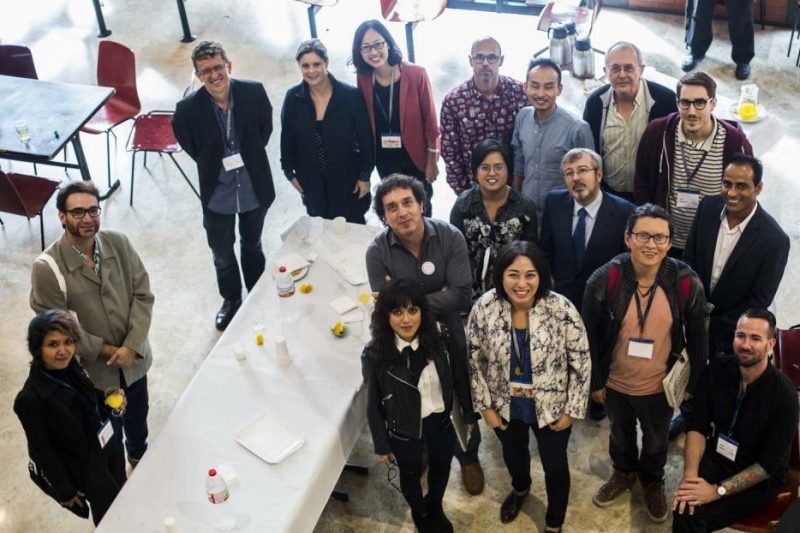
Read the full article and more about Eurasian Creaspace Networking here:
http://ecn.econcult.eu/networking-communicating-mutual-understanding-cooperation-conclusive-reflection-valencia-workshop/
https://culture360.asef.org/magazine/european-and-chinese-cultural-managers-exchange-views-in-kunming/
Similar content
posted on
22 Aug 2016
deadline
30 Mar 2016
posted on
01 Feb 2016
posted on
02 Nov 2015

